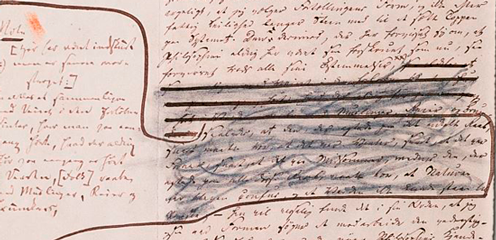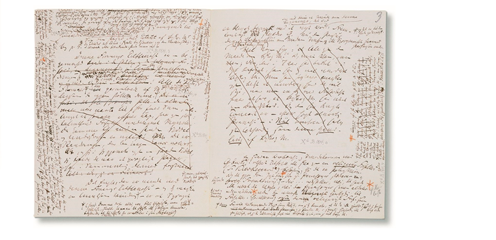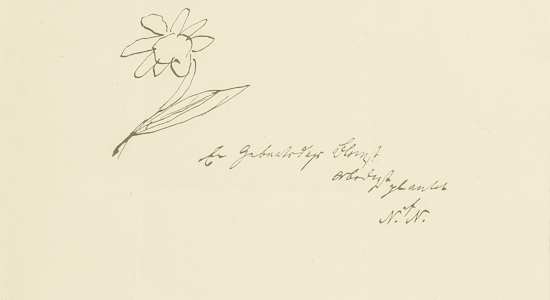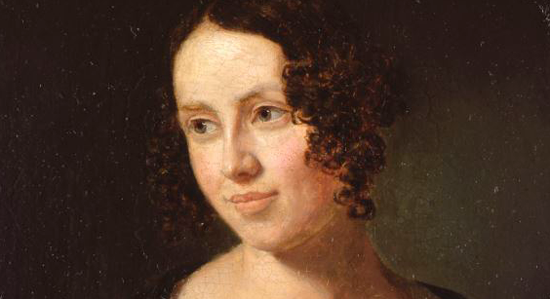Either/Or. Part One.
A DIALOGUE BETWEEN WORLDVIEWS "EITHER/OR"


Masks and Emptiness
Either/Or is organized as a comprehensive dialogue between a younger aesthete and an older ethicist.
The aesthete lives a bohemian existence. He celebrates everything beautiful in this world, loves the enchantment of the theatre, writes rapturously about Mozart’s Don Giovanni, hates the petty bourgeois lifestyle, and desires the intensity and sublimity of momentary pleasures.
He is fond of donning masks, but his many disguises are really a strategy for hiding his lack of identity.
He isn’t able to bring order and direction to his existence and he’s lost his existential freedom of movement: “I feel like a piece in a chess game must feel when the opponent says: ‘that piece can’t be moved.’”
The Art of Seduction
The first part of Either/Or ends with “The Seducer’s Diary,” in which Johannes the Seducer slyly manages to ease his way into the existence of the innocent Cordelia, awakening her desire and running away with her virtue in the last pages of the book.
While it is a matter of numbers for Don Giovanni—1003 in Spain alone—Johannes is interested in seduction as an intriguing psychological process.
“The Seducer’s Diary” caused a sensation in its own time and, justified or not, was tied to Kierkegaard own engagement. “It is revolting, disgusting, and shocking” wrote one of the leading cultural critics, Johan Ludvig Heiberg, when he spoke of the diary.

The Necessity of Choice
Kierkegaard’s reputation as the father of existentialism can be traced in large part to the ethicist figure from the second part of Either/Or, Judge Wilhelm, who underscores the importance of making choices, of taking ownership of oneself. For a human being does not passively develop into the self he or she ought to become. The process can go wrong along with way and a person can become someone different from who he or she was constituted to be. To become oneself in the stricter sense, a person must appropriate, choose, or receive him- or herself. Formulated paradoxically, becoming oneself means becoming someone different from the self one was before one began to become oneself.
Wilhelm himself is a married man and offers a host of examples from his own experience of the necessity of choice, and presents an extended defense of the legitimacy of marriage. From beginning to end, Wilhelm insists that it is a matter of becoming the “general editor” of one’s own life, thereby becoming the active and culpable protagonist of one’s own life narrative:
"The individual becomes aware of himself as this particular individual, with this abilities, these proclivities, these desires, these passions, influenced by these particular surroundings, as this particular product of this particular social environment. And as he becomes aware of all this, he takes responsibility for it." - (Journalen EE. Source: SKS.dk)
Stages on Life’s Way
The aesthetic, the ethical, and the religious are different perspectives of existence, different ways to deal with—or fail to deal with—existential problems and religious possibilities, different ways to approach oneself, or to remain at a distance from oneself.


